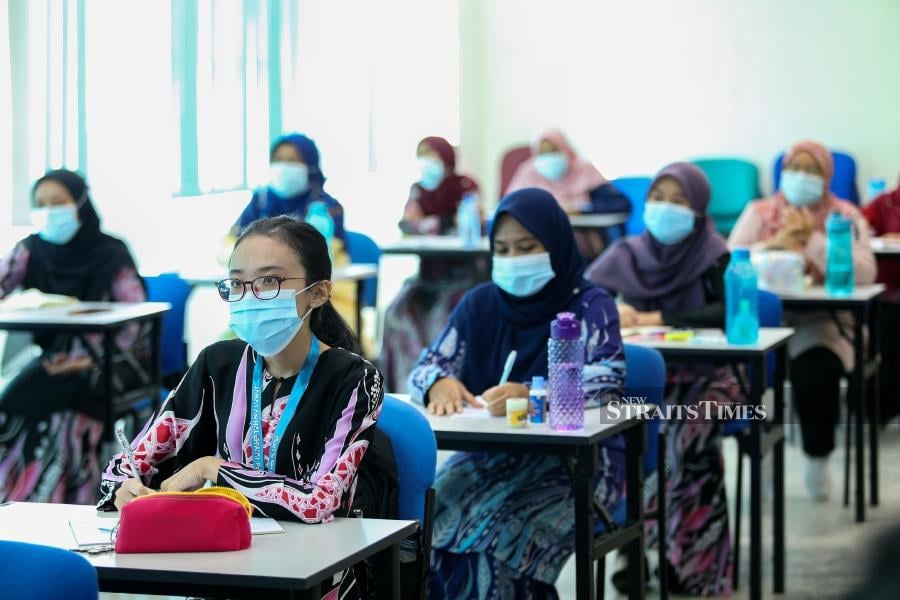SOON universities in Malaysia will resume face-to-face interactions. Preparations to adhere to new safety protocols are going on and everybody will have to adjust to the new normal.
I wonder if university leaders are also reckoning with longer- terms scenarios. I am not really referring to the future of our planet and the responsibilities that institutions of higher education hold in making sure that we will have the foresight and prowess to lay down the foundations for a more sustainable, equal and just world.
While it is true that many, perhaps the majority, of universities have embraced the Sustainable Development Goals (SDGs), I'm worried that for some it has been just a branding exercise, putting up banners here and there on campus and making their websites more colourful with the logo of the SDGs.
The creation of the Times Higher Education Impact Rankings focused on assessing the work of universities in achieving the SDGs has been a game-changer as many of them were induced to embrace the goals out of fear of being outranked by competitors.
There is nothing wrong with rushing to pursue the goals as long as the administrators of higher learning education realise that this is about survival, because we are on the path of self-destruction and Covid-19 was just a warning of what might come in the years ahead.
From here, the urgency is that universities and likewise all schools understand their important role — not only in educating and researching, but also in pursuing a third call or "mission", one related to their responsibilities to local communities and their social impact.
Some Malaysian universities have been doing pretty good in the Impact Ranking and the country has been praised worldwide for what its universities have been trying to achieve.
Universiti Sains Malaysia has been ranked first with an excellent 65th position worldwide, followed by Universiti Malaya (80th) and Universiti Kebangsaan Malaysia and Universiti Putra Malaysia both ranked in the more than respectable 101-200 band.
They are followed by more local universities in the lower bands, a positive indicator showing the increased interests in the SDGs.
Will these centres of higher educations redouble their efforts and commit to a more sustainable and just world, rethinking missions and visions to reposition themselves as beacons of sustainability and civic engagement?
Do top leaders of these universities understand the high stakes and responsibilities in ensuring that the decade 2020-2030 heralds new and better living patterns? Students should be trained not only to understand the SDGs, but also take action for them. Faculty members have a big role to play, embedding teaching with the goals, attracting students towards micro-research initiatives linked to the SDGs.
Administrators should lead the process, enabling ideas to emerge, creating new units within universities dealing with sustainability-related issues and ensuring their strategic planning mainstream collective efforts towards sustainability and equity.
Sustainability and equity go together because a better world will be one that is sustainable and just too at the same time, and universities have a responsibility in both of them. But can the universities go further?
In the United Kingdom, the UPP Foundation created the Civic University Commission to answer the following question: how can universities serve their place in the 21st century?
The same question should be asked by university stakeholders in Malaysia. As you can see, there is no lack of best practices and innovation.
We need a system-wide change and to ensure that the smallest institutions also get on board while the biggest ones keep embracing even more transformational agenda.
The author writes on social inclusion, youth development and regional integration as an engine to improve people's lives in Asia. He is the Co-Founder of ENGAGE, a not for profit working with youths with and without disabilities based in Kathmandu
The views expressed in this article are the author's own and do not necessarily reflect those of the New Straits Times






